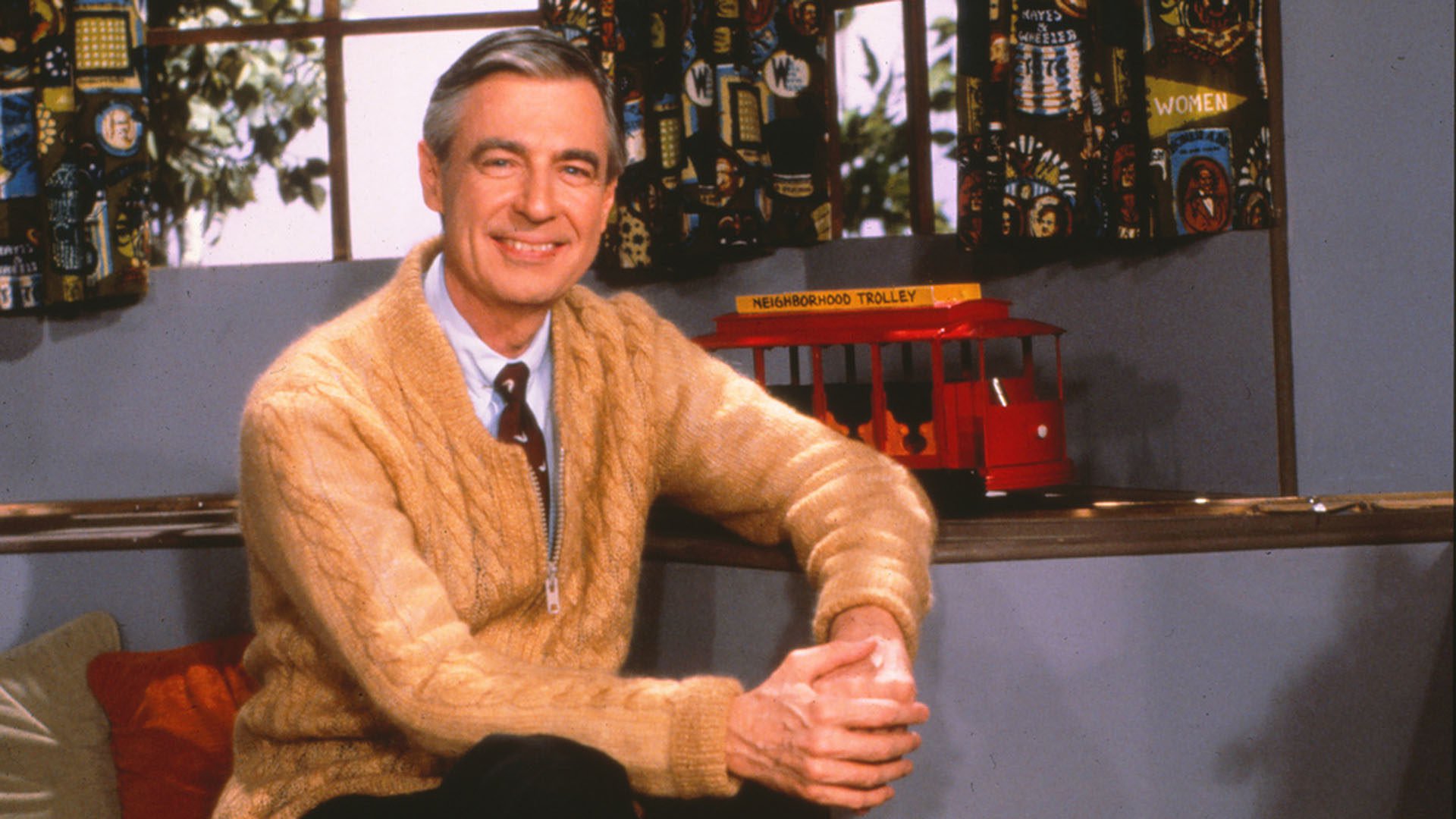49 years ago, Mr. Rogers saved the neighborhood.
On May 1, 1969, Fred Rogers stood before the U.S. Senate Subcommittee on Communication and defended the value of his show, public television, and simple words. As the most controversial war in American history raged on the other side of the globe, Mr. Rogers told the U.S. Senate he was glad to be their neighbor.
https://www.youtube.com/watch?v=J9uIJ-o2yqQ
The story of how he defended PBS from Nixon’s proposed budget cuts is well known. Rather than allow himself to be caught in the bureaucratic maelstrom, Mr. Rogers asked Senator John Pastore if he could show him what he meant, and then recited a few words.
What do you do with the mad that you feel? When you feel so mad you could bite. When the whole wide world seems oh so wrong, and nothing you do seems very right. What do you do? Do you punch a bag? Do you pound some clay or some dough? Do you round up friends for a game of tag or see how fast you go? It’s great to be able to stop when you’ve planned the thing that’s wrong. And be able to do something else instead, and think this song.
I can stop when I want to. Can stop when I wish. Can stop, stop, stop anytime…and what a good feeling to feel like this! And know that the feeling is really mine. Know that there’s something deep inside that helps us become what we can. For a girl can be someday a lady, and a boy can be someday a man.
The simple words of a simple song saved public television. Maybe his gentle influence is the reason Mr. Rogers is still so loved today. Or maybe it was the way he made everyone feel special. Fred Rogers stands alongside Steve Irwin and Bob Ross as some of the most-admired men.
In the midst of the Internet, that is a very strange thing indeed. The existence of Cunningham’s Law sums up its volatility: “The best way to get the right answer on the Internet is not to ask a question; it’s to post the wrong answer.” People lay in the cyber-woodworks to come out and correct anyone that gives a wrong answer, even if the answer is only perceived as wrong. The only opinion allowed is the Internet’s, lest you be shouted down.
Despite this digital warzone—or perhaps in spite of—Steven, Fred, and Bob still bring people together long after their deaths. In a recent exchange on a Facebook post, one commenter stated, “Steve Irwin was an idiot that invaded natural spaces.” The response was swift and overwhelming. Users flocked to defend Steve Irwin. “My love of animals is due to him!” one proclaimed. Others echoed the sentiment.
Bob Ross is no different. His mellifluous voice is the star of many ASMR channels on YouTube. His iconic afro is just as popular among millenials as it is the older generation, even though the painter has been dead for more than two decades. But his appeal has little do with his appearance and everything to do with his outlook and personality.
The modern world has more distractions than ever before. Politics divide families and friends. Civil rights debates rage on every channel. Even though these topics have risen to prominence as we collectively try to work toward a better future, the conflict can a lot to take. Anxiety disorders are on the rise and affect 18.1 percent of all adults in the United States. Depression plagues 6.7 percent of adults.
It makes sense that people want happy little trees. Bob Ross often said “there are no mistakes, just happy accidents.” This positive outlook on life is something the world lacks. “Anyone can paint. Anybody. All you need is a dream in your heart and a little practice.”
Bob Ross was also open about how he felt, at a time when few people spoke openly about their struggles. In one of his videos, he comments “Gotta have opposites, light and dark and dark and light, in painting. It’s like in life. Gotta have a little sadness once in awhile so you know when the good times come. I’m waiting on the good times now.”
His wife had been diagnosed with cancer, and Ross himself was diagnosed soon after. He maintained his positive outlook while working through common human struggles, and that made him an example to so many people.
All three of these men represent simpler, more innocent times, when the cares of the world weighed not so heavily on our shoulders. Maybe that’s why they hold so much appeal today, in an age where we crave the skinned-knee cares of childhood rather than the shadow of rent payments and student loans. But all three men would have advice for the world at large.
Mr. Rogers would say you’re strong enough to get through it, it’s okay to fail, and he’s happy to be your neighbor.
Bob Ross would tell you to hold on and wait for the good times to come.
And Steve Irwin would give you a hug, right from the heart.

